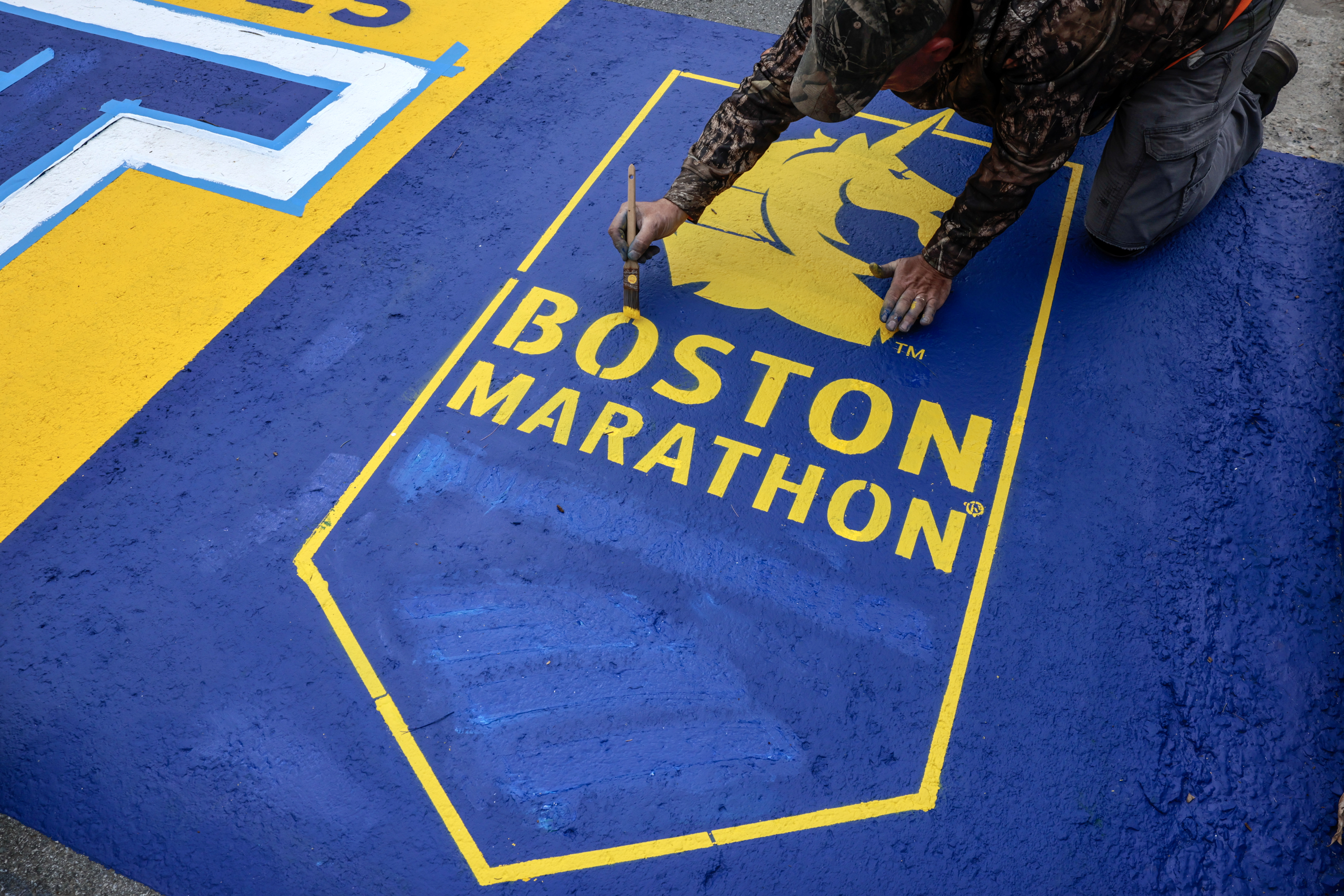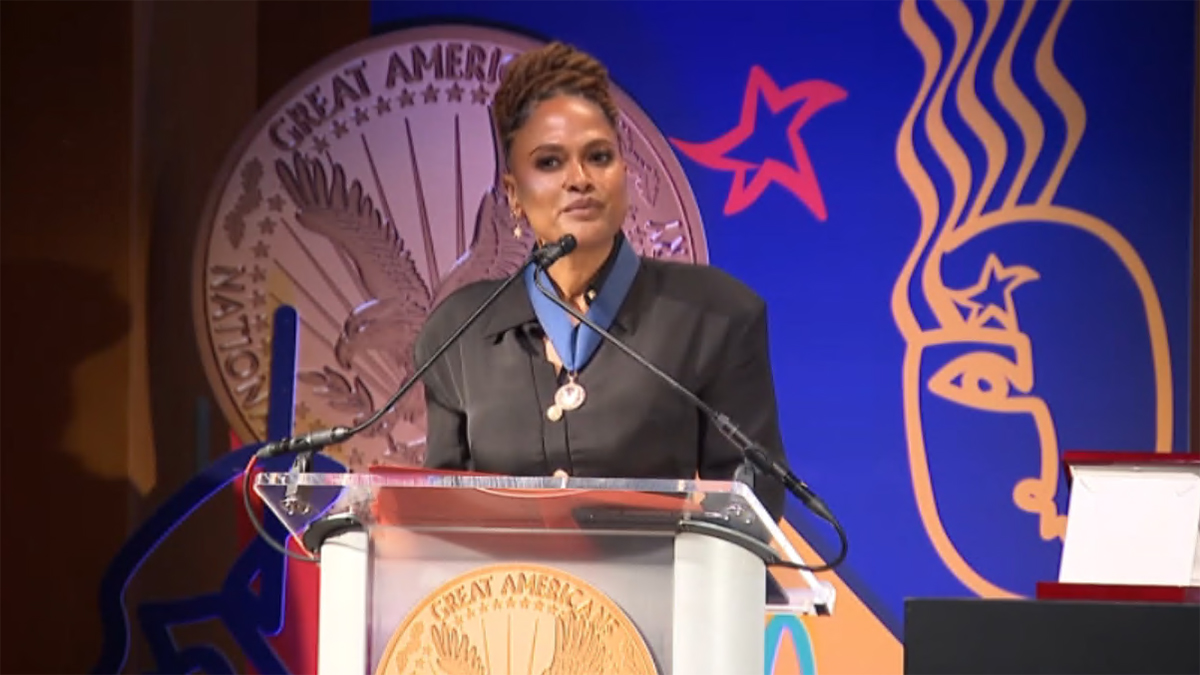Boston Marathon: Politics Threaten Race for International Runners?
Boston Marathon: A Race for Everyone? Politics Casts a Shadow
Introduction: Running Through Divides
The Boston Marathon, a hallowed tradition, a testament to human endurance, and a symbol of resilience. But is its finish line truly open to all, or are new barriers emerging? While the city of Boston and race organizers insist that everyone is welcome, some runners are questioning whether global politics are making participation increasingly difficult, and even unsafe, for certain individuals. It’s a complex situation, a marathon of ideologies playing out alongside the physical one. So, let's unpack this, shall we?
Boston's Bold Stance: A Beacon of Inclusion
Mayor Michelle Wu, at a recent public safety briefing, made it crystal clear: Boston welcomes everyone. This wasn't just lip service; it was a deliberate statement aimed at countering the rising tide of restrictive policies and heightened border security at the federal level. It's like Boston is holding up a torch, a beacon of inclusivity in a world that feels increasingly fragmented.
The Mayor's Message: "A Home for Everyone"
Wu’s message resonates: Boston strives to be “a home for everyone.” It's a powerful sentiment, especially in today's climate. But the question remains: does this aspiration translate into reality for all potential runners?
A Marathon Steeped in History: More Than Just a Race
The Boston Marathon isn't just any race; it's the world’s oldest annual marathon, a grueling 26.2-mile journey steeped in history and tradition. Held on Patriots’ Day, a state holiday commemorating the battles of Lexington and Concord, it's a celebration of American independence and the spirit of perseverance. Can its inclusive ethos hold firm against the winds of change?
Patriots' Day: A Celebration of Resilience
The choice of Patriots' Day as the marathon date isn't accidental. It’s a reminder of the spirit of resistance and the fight for freedom that defines the American identity. But what happens when that identity feels exclusive rather than inclusive?
The 2013 Bombing: A Defining Moment
The tragic events of 2013, when two bombs exploded near the finish line, killing three and injuring hundreds, forever changed the Boston Marathon. But it also forged a stronger sense of community and resilience. The “Boston Strong” movement became a symbol of unity and determination. How has this tragedy shaped the marathon's response to issues of safety and security?
Boston Strong: From Tragedy to Unity
The bombing was a horrific event, but it also revealed the strength and resilience of the Boston community. In the wake of the tragedy, people from all walks of life came together to support the victims and their families. This spirit of unity is still present today, but it's being tested by new challenges.
International Runners: The Heart of the Race
The Boston Marathon has always been a global event, attracting runners from all corners of the world. These international participants bring diverse perspectives, cultures, and experiences to the race. Their presence enriches the marathon and the city of Boston. But are these runners feeling increasingly unwelcome?
Visa Challenges: A Growing Concern
One major concern is the increasing difficulty in obtaining visas for international runners. Tighter border security and stricter immigration policies can create significant obstacles for athletes who want to participate in the race. It’s like running a race before the race even begins.
Political Polarization: A Divisive Landscape
The current political climate, characterized by increased polarization and heightened tensions, is undoubtedly impacting people's decisions about travel and participation in public events. Some runners may feel unsafe or unwelcome due to their nationality, ethnicity, or political beliefs. Is the political landscape overshadowing the spirit of sportsmanship?
Perceptions of Safety: A Personal Calculation
Ultimately, the decision to travel to Boston for the marathon is a personal one. Runners must weigh the potential risks and benefits, taking into account their own individual circumstances and perceptions of safety. It’s not just about physical endurance; it’s about emotional comfort too.
The Economic Impact: More Than Just Bragging Rights
The Boston Marathon has a significant economic impact on the city and the surrounding region. Thousands of runners and spectators flock to Boston each year, spending money on hotels, restaurants, and other businesses. A decline in international participation could have negative consequences for the local economy. Are we underestimating the economic ripples of political decisions?
Hotels and Restaurants: A Thriving Ecosystem
The marathon weekend is a boon for local businesses. Hotels are fully booked, restaurants are packed, and the streets are buzzing with energy. This economic activity supports jobs and contributes to the overall vitality of the city. It's a symbiotic relationship.
Balancing Security and Inclusivity: A Delicate Act
Ensuring the safety and security of the Boston Marathon is paramount. However, security measures must be balanced with the need to maintain an inclusive and welcoming environment for all participants. It's a delicate act, requiring careful planning and execution.
Community Engagement: A Key to Success
Effective security relies on community engagement and cooperation. By working together, law enforcement, race organizers, and local residents can create a safe and welcoming environment for everyone.
The Future of the Boston Marathon: A Test of Values
The challenges facing the Boston Marathon reflect the broader challenges facing society as a whole. Can we maintain our commitment to inclusivity and diversity in the face of increasing political polarization and global uncertainty? The marathon's future may depend on it. Is this a race against time to preserve our values?
Looking Ahead: Maintaining the Spirit
The Boston Marathon has always been more than just a race; it's a symbol of hope, resilience, and the human spirit. By staying true to these values, the marathon can continue to inspire and unite people from all over the world.
The Runners' Perspective: Voices from the Ground
It's crucial to hear directly from the runners themselves. What are their concerns? What factors are influencing their decisions about participating in the Boston Marathon? Their voices offer valuable insights into the challenges and opportunities facing the race. Are we truly listening to the heartbeat of the running community?
Anonymous Surveys: Gathering Insights
Conducting anonymous surveys and interviews with runners can provide valuable data on their perceptions of safety, inclusivity, and political factors. This information can then be used to inform policy decisions and improve the overall experience for all participants.
Community Initiatives: Building Bridges
Local community initiatives can play a vital role in fostering a welcoming and inclusive environment for international runners. Programs that connect runners with local families, provide language support, and offer cultural orientation can help ease their transition and make them feel more at home. Can we strengthen these bridges to foster a sense of belonging?
Welcome Events: A Warm Embrace
Organizing welcome events and cultural exchange programs for international runners can help them feel more connected to the local community. These events can also provide opportunities for runners to share their own cultures and experiences with others.
Conclusion: A Marathon of Ideals
The Boston Marathon stands at a crossroads. While organizers and the city are committed to welcoming all, the realities of global politics and security concerns are creating hurdles for some international runners. The race faces the challenge of balancing security with inclusivity, ensuring that it remains a beacon of hope and unity for runners from all backgrounds. The future of the Boston Marathon depends on its ability to navigate these challenges and uphold its commitment to welcoming everyone. It's a marathon, not a sprint, and the race for inclusivity is far from over.
Frequently Asked Questions
- Q: What is the Boston Marathon doing to ensure the safety of international runners?
A: The Boston Athletic Association (BAA) works closely with local, state, and federal law enforcement agencies to develop comprehensive security plans. These plans include enhanced security measures at the start and finish lines, as well as increased police presence along the course. The BAA also provides runners with information and resources to help them stay safe.
- Q: Are there specific concerns about runners from certain countries?
A: While the BAA welcomes runners from all countries, it is aware of the potential for increased scrutiny and challenges for runners from countries with strained relationships with the United States. The BAA works with relevant authorities to address these concerns and ensure that all qualified runners have the opportunity to participate.
- Q: How can runners report safety concerns during the race?
A: Runners can report safety concerns to race officials, volunteers, or law enforcement officers along the course. The BAA also provides a dedicated hotline and email address for reporting suspicious activity or security concerns. In case of an emergency, runners should call 911.
- Q: What resources are available for international runners to navigate visa challenges?
A: The BAA provides information and resources on its website to help international runners navigate the visa application process. Runners can also consult with their country's embassy or consulate for assistance. It's recommended to begin the visa application process well in advance of the race.
- Q: How can the community support international runners and make them feel more welcome?
A: Community members can support international runners by volunteering at the race, offering language assistance, and participating in cultural exchange programs. Simple gestures of kindness and hospitality can go a long way in making international runners feel welcome and appreciated.


